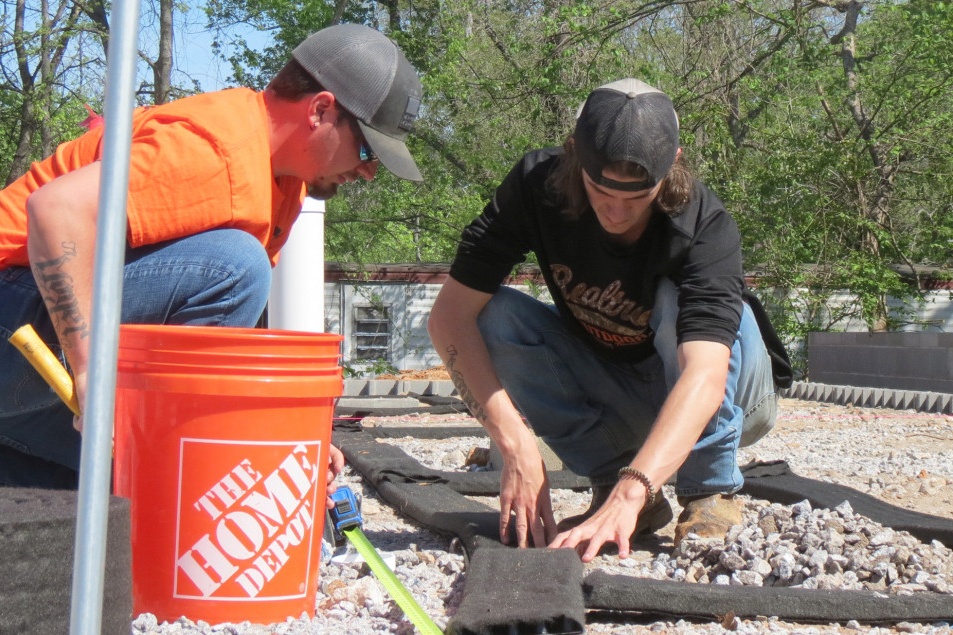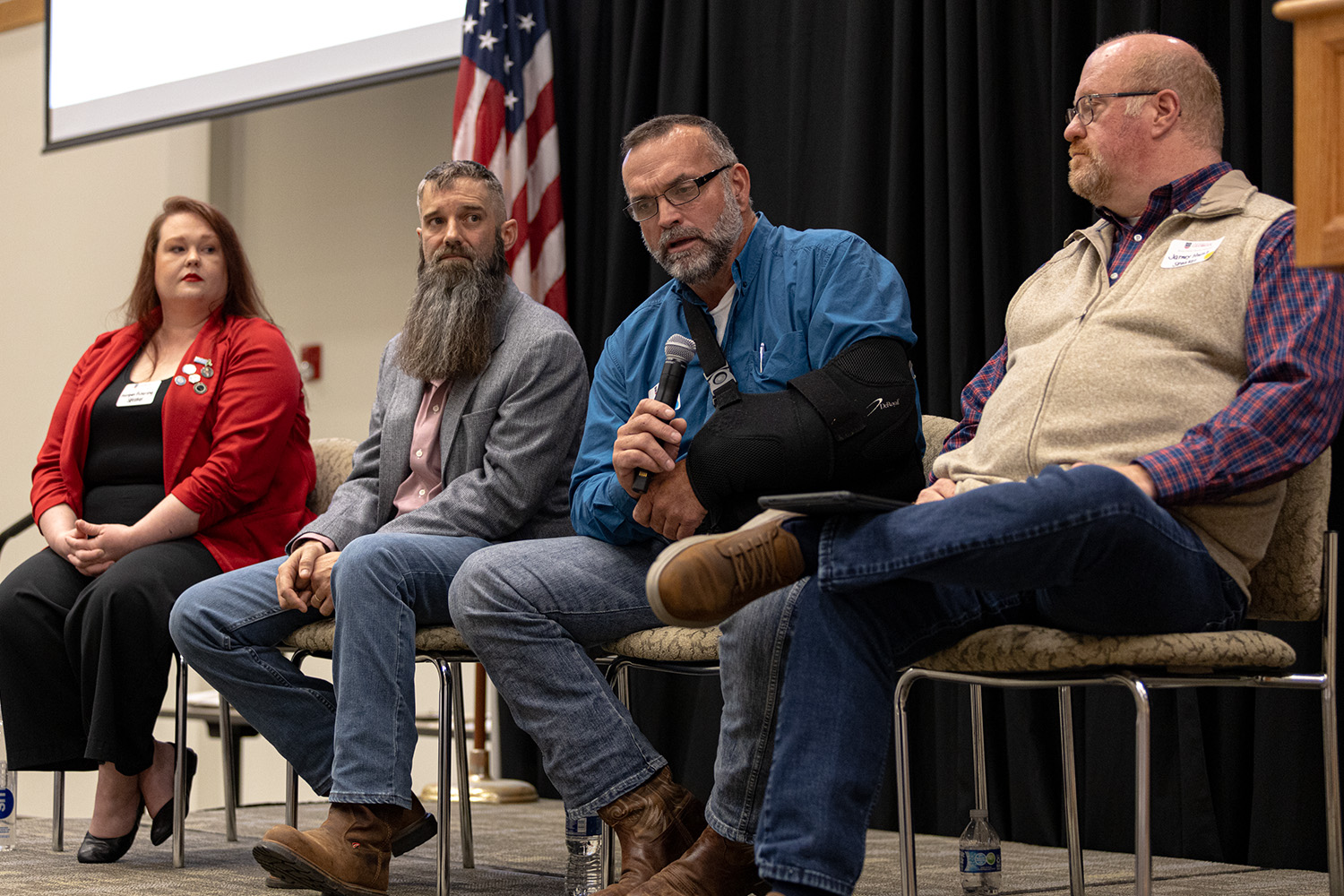 CAES News
CAES News
Early Peanut Introduction
The American Academy of Pediatrics recommends introducing peanut-containing products to infants as early as 4 to 6 months old, especially for children at high risk for allergies. But this information isn't reaching the public as it should. University of Georgia Cooperative Extension Nutrition and Health Specialist Ali Berg is leading efforts to close this information gap.









